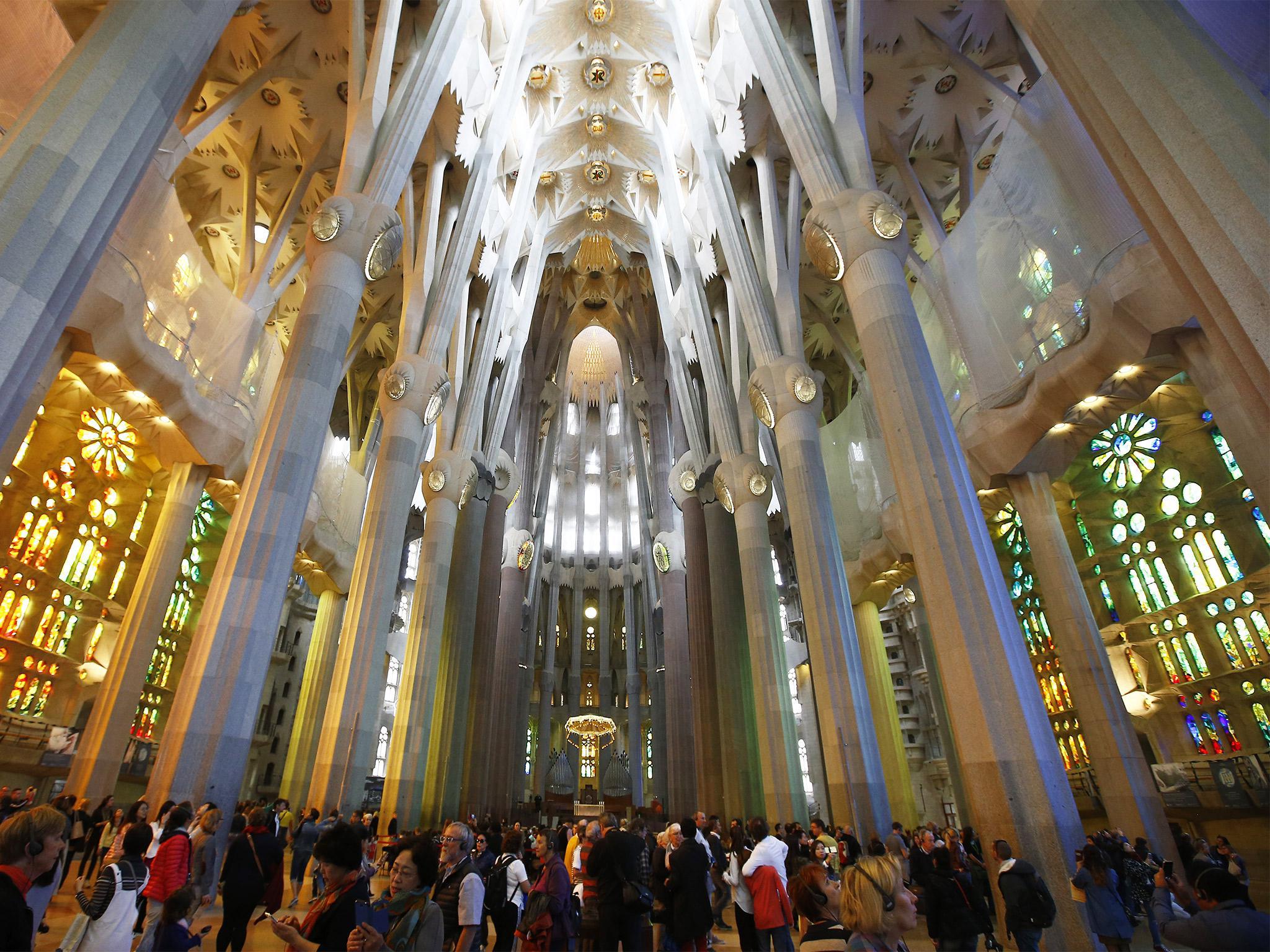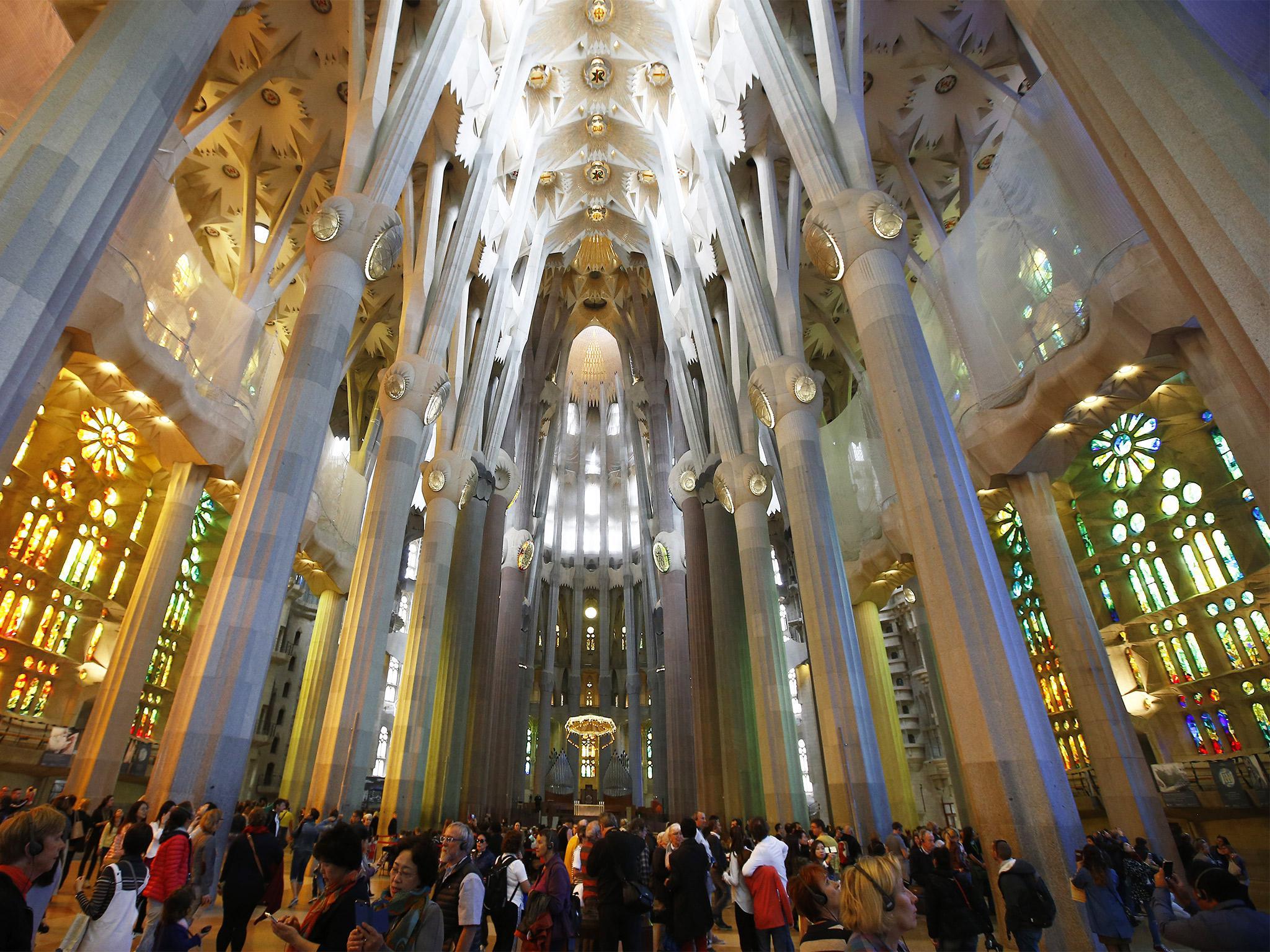
Cartel probe looms over German car industry
German carmakers faced a brewing scandal Monday as suspicions grew they colluded illegally for decades, further bruising the industry’s pic and exposing it to massive financial risks.
News weekly Der Spiegel reported Friday that German carmakers Volkswagen, Audi, Porsche, BMW and Daimler had secretly worked together from the 1990s onwards on ample areas of car development, construction and logistics, including how to meet increasingly harsh emissions criteria in diesel vehicles.
Both buyers and suppliers of the auto giants suffered from the under-the-table deals, the magazine alleged. For the world’s largest carmaker Volkswagen, the diesel emissions scandal alone has already cost ems of billions of euros since it admitted to cheating on regulatory tests in 2015.
That is likely why the Wolfsburg-based stiff, along with Mercedes-Benz parent Daimler, was one of the very first to mitt over details of the alleged broader collusion inbetween the five firms to competition authorities, reported Spiegel, telling it had seen a VW document submitted to the authorities.
Regulators often treat the very first company to report such infringements more leniently than the rest.And Daimler has practice: it suffered a billion-euro fine from Brussels last summer after agreeing on prices for its trucks with three European competitors.
In theory, the maximum fine from the European Commission or Germany’s federal competition authority could reach ten percent of a rock hard’s revenue, or close to fifty billion euros ($58.Trio billion) across all five car companies, based on their two thousand sixteen sales.
On top of that would come individual claims from customers.
Many buyers could have paid “a price that was far too high” for their vehicles, Klaus Mueller of the VZBV consumer federation told newspaper Sueddeutsche Zeitung Monday.
It could be some time before the utter details of the automakers’ cooperation come to light.Both Brussels and German authorities say they have received information on the possible agreements inbetween the firms.
These are now “undergoing examination by the Commission,” the EU’s executive arm said Saturday, while adding that it would not “speculate further” on the outcome.
Volkswagen has said nothing, albeit its supervisory board is set to meet on Wednesday, while Daimler insisted that it applies an internal competition law compliance programme.
Munich-based BMW denied any collusion with competitors Sunday, adding that none of its vehicles had been manipulated to meet diesel emissions norms.Among the areas Spiegel reported manufacturers collaborated on in its report Friday was the size of tanks for a liquid known as AdBlue, used to treat diesel harass fumes.
The fluid reacts with harmful nitrogen oxides found in the emissions and converts them into water and nitrogen.But carmakers agreed not to add large reserves of the additive to their vehicles, Spiegel reported, preferring to save space for customers’ golf bags or profitable upgrades such as speaker systems.
Rather than call on drivers to refill the lil’ AdBlue tanks every few thousand kilometres, Volkswagen built systems into millions of vehicles that diminished harass treatment unless software detected the car was undergoing a regulatory emissions test.
Other manufacturers including Daimler are suspected of doing the same.”If this turns out to be true it would cost ems of billions of euros altogether, and single-digit billions for each manufacturer,” analyst Frank Schwope of Nord/LB bank told AFP.
The reports have also spooked investors, with car industry stalwarts trailing on the DAX index of blue-chip German shares Monday.Daimler was the worst performer on the table, with its stock losing Three.Four percent in afternoon trading.
“In the context of the diesel scandal, barred agreements are a kind of total meltdown for the credibility of the German car industry,” said Professor Stefan Bratzel of the Center of Automotive Management, which is located outside the western German city of Cologne.
In the political arena, lawmakers are gearing up for an election in late September and cannot leave the car industry theme untouched.
“Of course, everything must be uncovered unsparingly,” a spokeswoman for Chancellor Angela Merkel told journalists in Berlin Monday , while insisting that the work of the competition authorities remains independent of the government.
Centre-left challenger for the Chancellery Martin Schulz warned that if the allegations prove true, “it would be a gigantic fraud at the expense of customers and suppliers, many of them small- and medium-sized businesses.”

